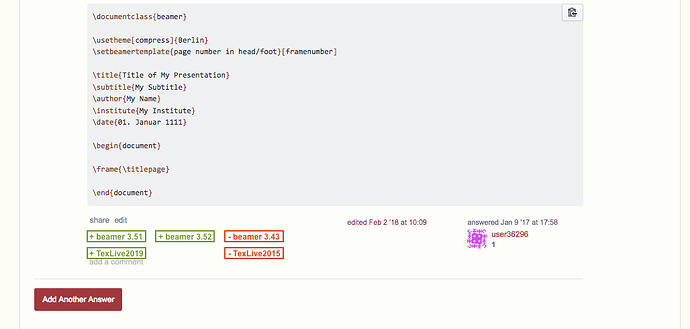This sounds very costly for some limited benefits.
A vast majority of questions do not have so many answers that finding the needle among the haystack is an issue. The data says that, for example on Stack Overflow, 85.2% of questions have at most 2 answers, 99.1% have at most 6. So this feature would only be potentially useful for about 1% of questions. And of those, in many cases, the difference between answers is not about which subsets of the possible scenarios the answer applies to, but about different solutions, or different explanations.
In order for tags to be useful, tag names must be universal and accurate. To have useful tags, you need a tag ontology that people agree on and apply in practice. That tag ontology wouldn’t always align with question tags, so it would need its own curation.
In many cases, if there are so many answers, the real problem is that the question is too broad. If version 3 and version 4 of the software require different solutions to solve the same problem, then “how do I do X on version 3?” and “how do I do X on version 4?” are different questions. There is already a tool to manage multiple questions, which is to ask them as separate questions. If there are already both answers for version 3 and answers for version 4, the ideal resolution would be to move the version 4 answers to the newly asked version 4 question.
A well-delimied number of sources where the ideal answer would cover all of them is a better use case for answer tags. I can think of a similar case on language sites where an answer might be tagged with some dialects. In both cases, the tag ontology for answers would be a small subset of the question tag ontology. But does it really call for tags? How useful is it to search for answers with a given tag? Would a tag inclusion hierarchy be necessary?
Do you expect that the tags would be curated properly in practice? On language sites people don’t always mention which dialects they speak. Having tags might make more people mention it if the user interface pushes answerers towards putting tags. But if it does then many answerers would end up putting overly restrictive tags, because they don’t know what dialects the answer applies to beyond their own.
I see a lot of work to set up the infrastructure (the tag ontology), a lot of curation work on individual posts, and a lot of potential for misuse (conveying incorrect information), all for very limited benefits.
